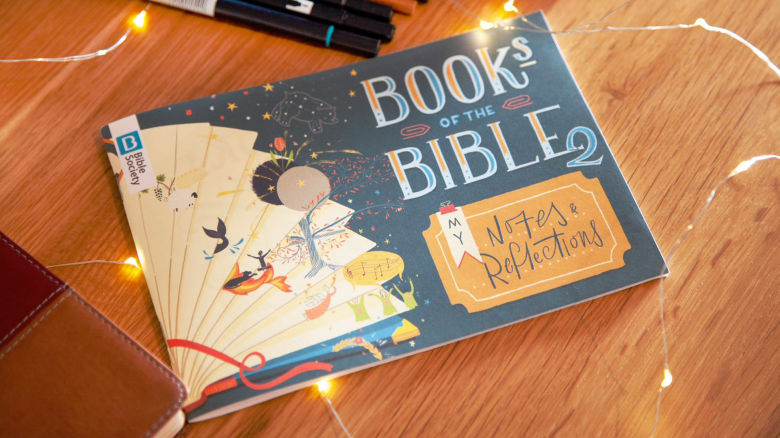The book of Ecclesiastes asks the question, 'How can we live a meaningful life?' The author expresses frustration that work, pleasure and even philosophical investigation bring little satisfaction and feel empty. He concludes that life has problems that are impossible to surmount or comprehend, but it can be worthwhile if you concentrate on everyday joys: time spent with friends and family and in the worship of God.
What has been is what will be, and what has been done is what will be done; there is nothing new under the sun. (Ecclesiastes 1.9)
1For everything there is a season, and a time for every matter under heaven: 2a time to be born, and a time to die; a time to plant, and a time to pluck up what is planted. (Ecclesiastes 3.1–2)
9Two are better than one, because they have a good reward for their toil. 10For if they fall, one will lift up the other; but woe to one who is alone and falls and does not have another to help. (Ecclesiastes 4.9–10)
Much of the book of Ecclesiastes can feel depressing and hopeless; the author looks at the world with an unflinching realism. It is important to read chapters 9–12 in order to realise that the book is not wholly bleak.
The author is identified in the book as the ‘teacher’, and while a few passages hint that the teacher might be a king (particularly Solomon) most scholars opt for the author being an unknown wise teacher from Judah.
Nothing beyond what is in the book
There are several views about when the book was written. Some think it comes from the early post-exilic period (i.e. the fifth or fourth century BC) while others think it is much later, around 250 BC.
There is little in the text to suggest what the people might have been feeling.
Hard to say as the date is so uncertain.
Wisdom literature. The book contains the distilled wisdom of what feels like an elderly and somewhat bad-tempered teacher who is struggling with a sense of life's pointlessness.
1.1–2 Introduction
1.3–2.26 The search for meaning
3.1–22 Human futility
4.1–16 Human oppressions
5.1–20 Remember God is in heaven
6.1–7.29 Death comes to us all
8.1–17 The limits of human knowledge
9.1–12.14 Finding hope in the reality of life
There will be lots of names you will not know; don’t worry if you can’t place them all. The key ones are given below.
Jerusalem
Israel
Post-exilic period, vanity, Sukkoth, Sheol, wisdom tradition
The book sets out to provide an unvarnished, warts-and-all take on the meaning of life. Look out for this theme as you read and see whether you agree with the author’s take.
Jews read Ecclesiastes during the joyful Feast of the Booths (also called Sukkoth) and stress the theme of joy in the book. If you look carefully below the surface of the text, you might be able to notice this theme running throughout Ecclesiastes.
‘Vanity of vanities, says the Teacher, vanity of vanities! All is vanity’ (1.2). Different translations use different words for 'vanity'. It translates a Hebrew word which means vapour or breath and hence means something that is pointless and empty. The word recurs throughout the book; look out for it as you read and see why the author uses it so much.
The author of Ecclesiastes is content to say human beings do not and cannot understand the world, so we might as well get on with living. Reflect on this theme as you read – do you find it convincing?

Here are 8 handy tips to get your book club up and running.

Here are some ideas to get you started.

7 top tips for reading the Bible
The Bible can seem overwhelming, boring and difficult, but a few basic tips can help you understand it more. Try these…
Books of the Bible journal: 2nd Edition
Journey through the Bible, one book at a time, with the 2nd edition of our Books of the Bible journal.
